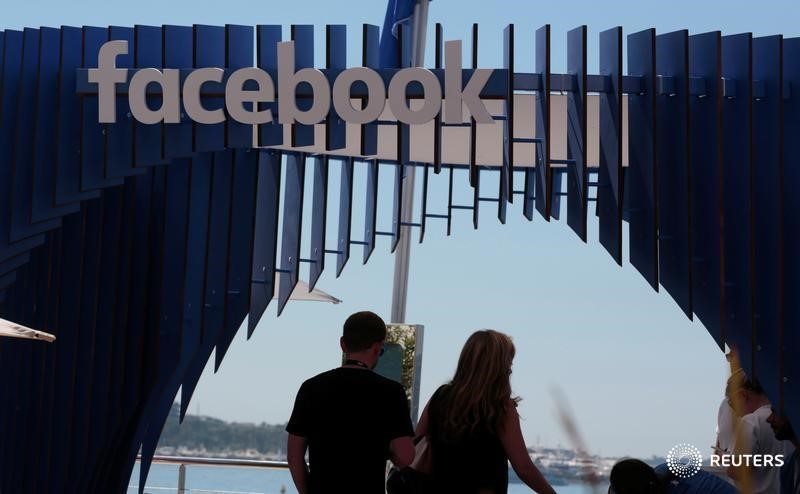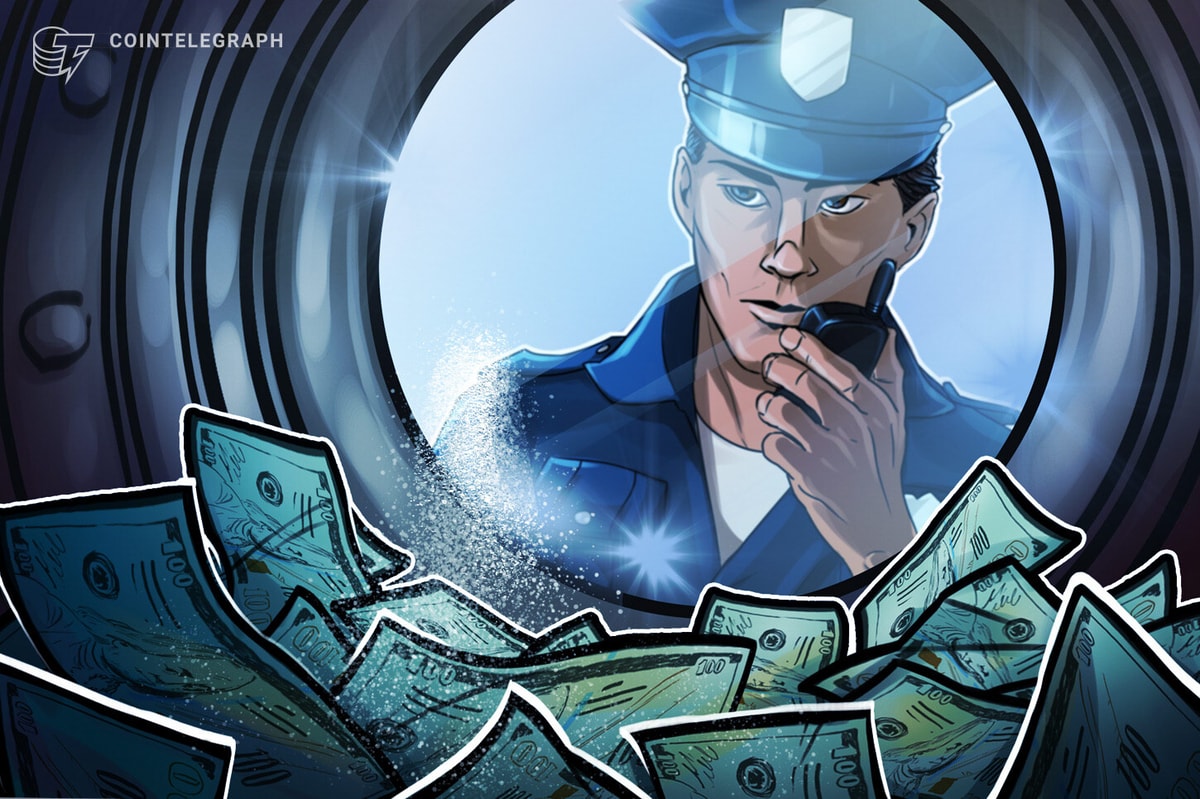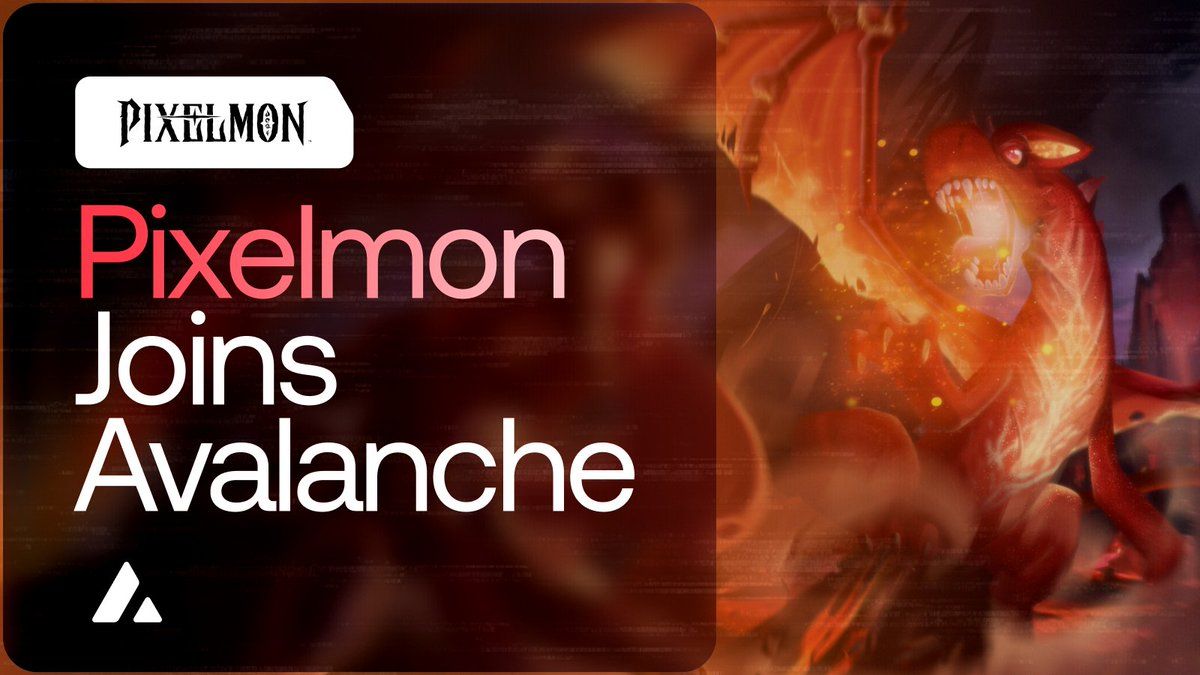
© Reuters. Amid Twitter Chaos, Web3 Firm Acquires Mastodon Instance Pawoo.net
- Mask Network acquired Pawoo.net, a Mastodon instance with 800,000 users.
- Mask Network says this is a milestone toward building a “decentralized social media network.”
- The news comes as Twitter faces increasing criticism from crypto natives.
Twitter is in chaos, so the time could be right for competitors to emerge. One company is seizing the moment with an acquisition that could be a major milestone for decentralized social media.
Mask Network, a Web3 social media company, announced the acquisition of Pawoo.net on Wednesday. Pawoo.net is one of the largest instances of a decentralized social media network, Mastodon.
The Social Coop Limited, an entity affiliated with Mask Network, will be the new owner of Pawoo.net.
Pawoo.net is the second-largest instance of the decentralized social media network Mastodon. The instance is prevalent in Japan and numbers 800,000 users.
“The Pawoo acquisition marks another milestone of the Mask team towards the building of a decentralized social network and a free, open internet,” the announcement wrote.
According to the Mask Network, the new team will take over on Wednesday. There will be no immediate impact on the users of Pawoo.net’s users, the company said.
Mask Network is a Web3 social media company focused on adding Web3 integrations for Web2 social media platforms. The company was also actively involved in the Mastodon Network.
Mask Network maintains two of the most active Mastodon instances; mstdn.jp, and mastodon.cloud. They also built the first official Mastdon app.
Twitter Getting Worse?
The news of the acquisition comes as Twitter CEO Elon Musk faces increasing criticism from advocates of decentralized technology. In particular, Musk is under fire for banning users from sharing links to their profiles on other platforms.
Mastodon’s user interface and core functionality are similar to Twitter’s. Many users are starting to view it as a decentralized alternative to the platform.
Users unhappy with the direction Musk is taking Twitter are increasingly moving to Mastodon. According to developers, the decentralized social media platform has gained more than two million users since Musk took over Twitter.
One of Musk’s critics is founder Vitalik Buterin. On Sunday, Buterin defied who defied Musk’s ban and shared his profile on mastodon instance cryptodon.lol.
He also pointed to an earlier tweet by Musk, in which the tech CEO appears to criticize a policy similar to one he just implemented.
“The acid test for any two competing socioeconomic systems is which side needs to build a wall to keep people from escaping? That’s the bad one!” Musk wrote in June.
What is Mastodon?
Mastodon is a decentralized social media network comprised of federated servers running the same open-source software and connected.
This means that users can communicate with people on different servers without using an external platform or service, such as Twitter or Facebook (NASDAQ:).
“As an open-source-based and decentralized social network, Mastodon, currently with 1.9 million monthly active users, has become the to-go choice for many users who believe in self-control and autonomy,” Mask Network writes.
Mastodon also allows users to create their servers, or “instances,” to host communities with different rules and guidelines. Pawoo.net is one of many such instances. Others include mastodon.social, the biggest instance on the network, and crypto-focused cryptodon.lol.
“Despite its functions like Twitter, Mastodon allows individual users to set up their own social networks and determine how it operates and what their users can share,” they add.
On the Flipside
- Decentralized social media still has a long way to go before becoming competitive with mainstream platforms like Twitter and Facebook.
- Monetization is a particular issue, something which Mastodon admits.
Why You Should Care
Mask Network’s acquisition of Mastodon instance Pawoo.net could be a step towards creating a better, more user-friendly social media experience. It could also be an important test of whether or not decentralized technology can compete with Web2 platforms at this point.
Read More: news.google.com








 Bitcoin
Bitcoin  Ethereum
Ethereum  Tether
Tether  XRP
XRP  Solana
Solana  USDC
USDC  Dogecoin
Dogecoin  Cardano
Cardano  TRON
TRON  Lido Staked Ether
Lido Staked Ether  Wrapped Bitcoin
Wrapped Bitcoin  Sui
Sui  Wrapped stETH
Wrapped stETH  Chainlink
Chainlink  Avalanche
Avalanche  Stellar
Stellar  Hyperliquid
Hyperliquid  Shiba Inu
Shiba Inu  Hedera
Hedera  LEO Token
LEO Token  Bitcoin Cash
Bitcoin Cash  Toncoin
Toncoin  Litecoin
Litecoin  Polkadot
Polkadot  USDS
USDS  WETH
WETH  Monero
Monero  Bitget Token
Bitget Token  Binance Bridged USDT (BNB Smart Chain)
Binance Bridged USDT (BNB Smart Chain)  Wrapped eETH
Wrapped eETH  Pepe
Pepe  Pi Network
Pi Network  Ethena USDe
Ethena USDe  Coinbase Wrapped BTC
Coinbase Wrapped BTC  WhiteBIT Coin
WhiteBIT Coin  Bittensor
Bittensor  Dai
Dai  Uniswap
Uniswap  Aave
Aave  NEAR Protocol
NEAR Protocol  Aptos
Aptos  OKB
OKB  Jito Staked SOL
Jito Staked SOL  Cronos
Cronos  Ondo
Ondo  BlackRock USD Institutional Digital Liquidity Fund
BlackRock USD Institutional Digital Liquidity Fund  Internet Computer
Internet Computer  Tokenize Xchange
Tokenize Xchange